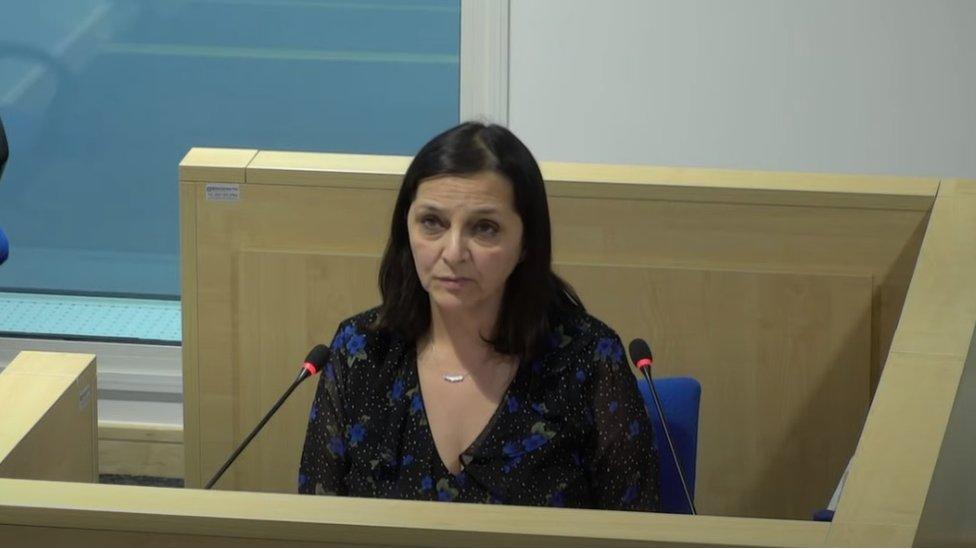Manchester Arena Inquiry: Stewards 'not trained properly'
- Published
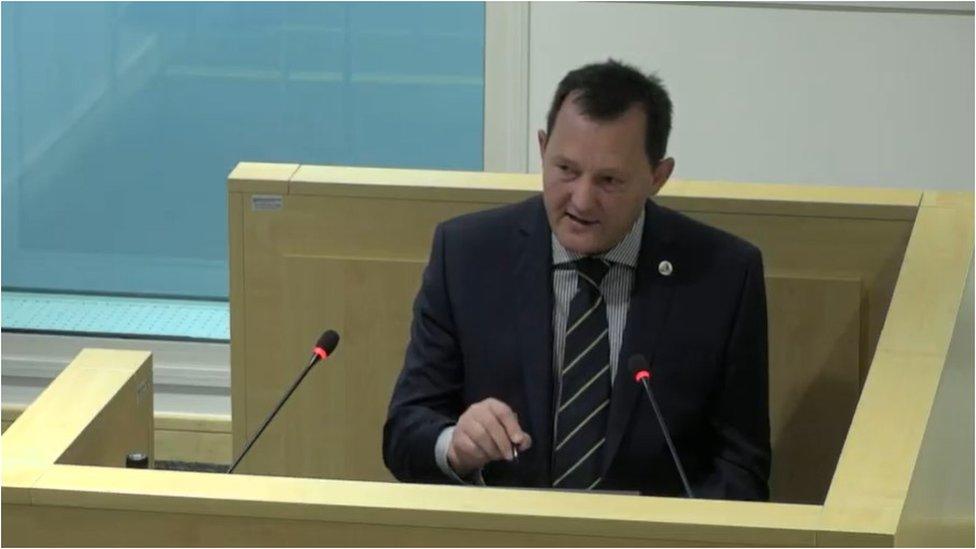
Col Richard Latham said it was "a managerial fault" that two stewards failed to report concerns
Stewards on duty on the night of the Manchester bombing did not think Salman Abedi was a threat because they had not been trained properly, a security expert has told the attack inquiry.
Col Richard Latham said "a managerial fault" meant Showsec staff Kyle Lawler and Mohammed Agha failed to respond to suspicious behaviour.
They were "hardly briefed", he said.
The inquiry heard lives could have been saved if security had been quicker to shut the doors of the foyer.
Twenty-two people were killed and hundreds more were injured as they left an Ariana Grande concert when Abedi detonated a bomb on 22 May 2017.
'Missed opportunities'
Col Latham and his colleague Dr David BaMaung said if Mr Lawler and Mr Agha had "properly communicated" concerns over Abedi there would have been time to close the doors before the concert ended.
Dr BaMaung said: "Irrespective of how quickly we could close the arena doors, realistically if he was going to detonate, people would die that night.
"But the potential would be if the procedure had been quickly, the casualties and deaths would have been less."
The inquiry has previously heard how a member of the public reported suspicions about Abedi to Mr Aghar at 22:15 BST.
He then alerted Mr Lawler to the report and the pair observed him.
Abedi left his position at the back of the City Room, a CCTV "blind spot", to detonate his device at 22:31.

Top row (left to right): Alison Howe, Martyn Hett, Lisa Lees, Courtney Boyle, Eilidh MacLeod, Elaine McIver, Georgina Callander, Jane Tweddle - Middle row (left to right): John Atkinson, Kelly Brewster, Liam Curry, Chloe Rutherford, Marcin Klis, Angelika Klis, Megan Hurley, Michelle Kiss - Bottom row (left to right): Nell Jones, Olivia Campbell-Hardy, Philip Tron, Saffie-Rose Roussos, Sorrell Leczkowski, Wendy Fawell
Col Latham said a failure by Mr Lawler and Mr Agha to report concerns about Abedi to their control room was due to "insufficient supervision and direction".
They should have been "clearly told in meetings about what to do if a member of the public informed them about suspicious behaviour", he said.
He added: "They are doing a job they've never done before and one they are hardly briefed upon and aren't given written notes. That is more than a supervisor's fault, that is a managerial fault."
He said the "major factors" were the two security stewards "did not think that Salman Abedi was actually much of a threat".
He said he thought Mr Lawler was also concerned about "being criticised for escalating something which was not a real problem" and of being accused of racial profiling.
The court heard the experts concluded there was no proper risk assessment of the terrorist threat by SMG, Showsec or British Transport Police and no effective system for identifying hostile reconnaissance.
They said there was a failure to understand the need to check the area where Abedi hid, and insufficient monitoring of CCTV systems.
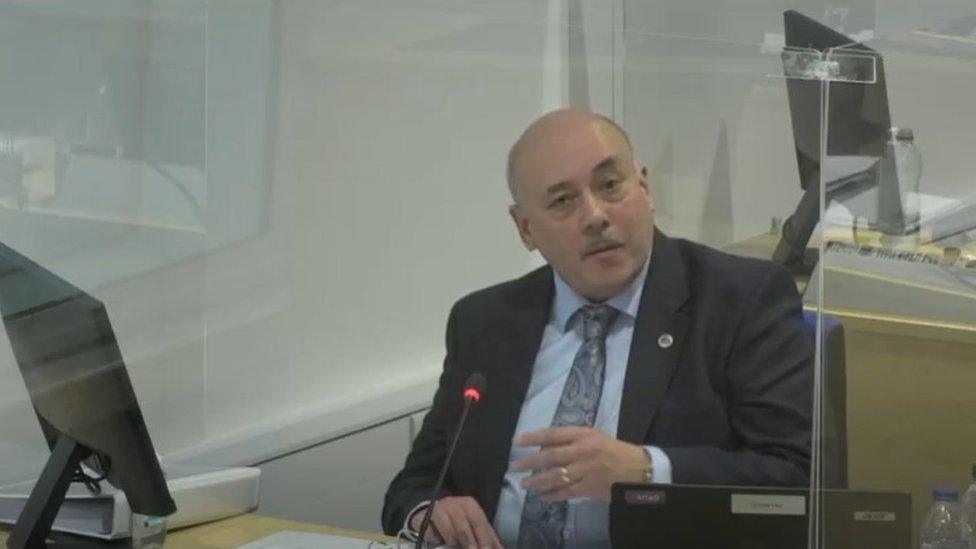
Dr David BaMaung said fewer lives could have been lost if the doors had been closed quickly
They also said there was an inadequate policing response by British Transport Police, particularly because there was no officer in the foyer when people were leaving the concert.
Patrick Gibbs QC, representing British Transport Police, asked the security experts whether an email from Sgt Gareth Wilson - which instructed officers on duty at the arena that night about what they should do during their shift - was close to a "model briefing".
Both experts disagreed.
'More specific'
Dr BaMaung told the court he felt the email briefing had been sufficient up to the point at which it was realised the most senior officer on duty was not going to get to the arena as planned.
He said he felt Sgt Wilson should have been "more specific" in the information he gave to officers.
Dr BaMaung said: "I would class that as a pretty large event and if I was a sergeant I would brief the individuals, I wouldn't just leave it up to a group to work out amongst themselves what they wanted to do."
Col Latham also told the inquiry there were "missed opportunities" to spot Abedi on the night of the bombing including him carrying a very heavy backpack affecting his gait and being overdressed for the weather.
The inquiry continues.

Why not follow BBC North West on Facebook, external, Twitter, external and Instagram, external? You can also send story ideas to northwest.newsonline@bbc.co.uk, external
Related topics
- Published1 December 2020

- Published30 November 2020
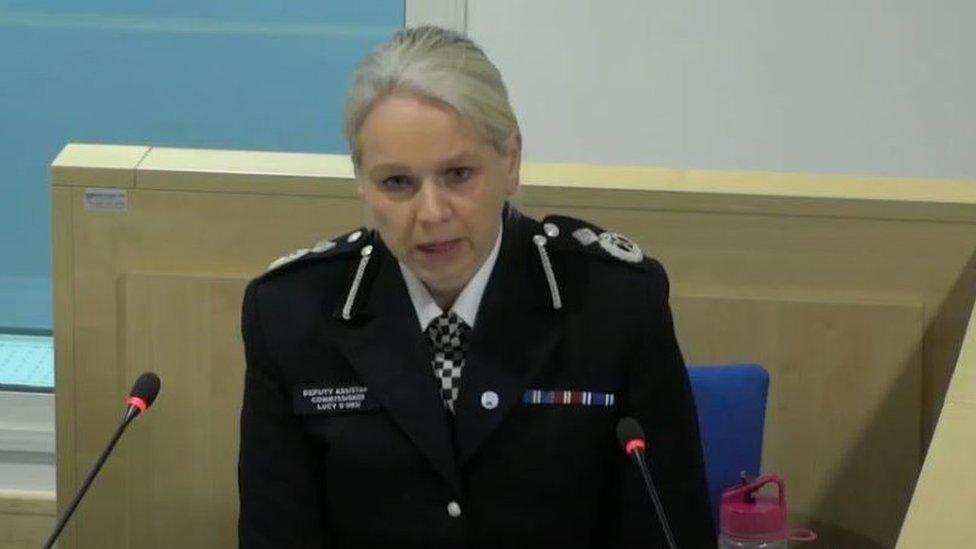
- Published17 November 2020
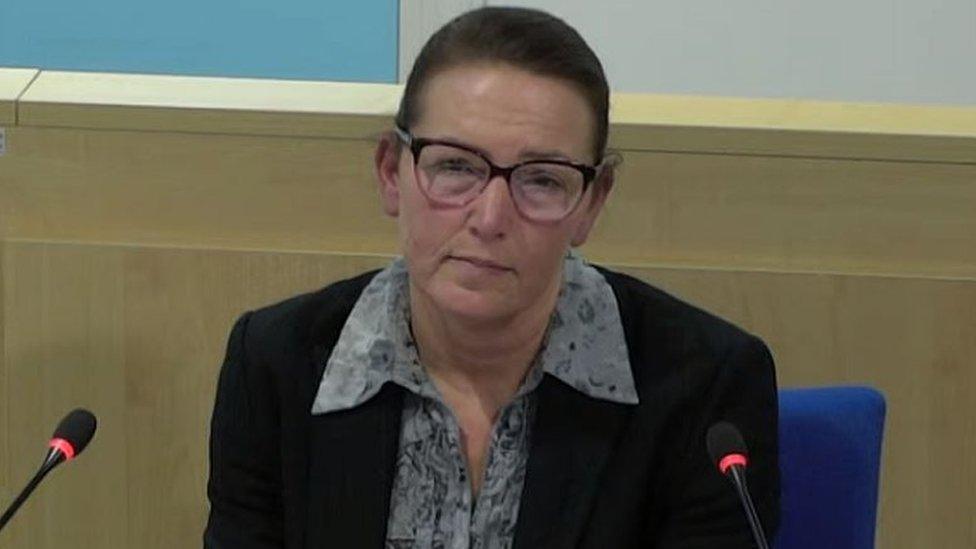
- Published16 November 2020
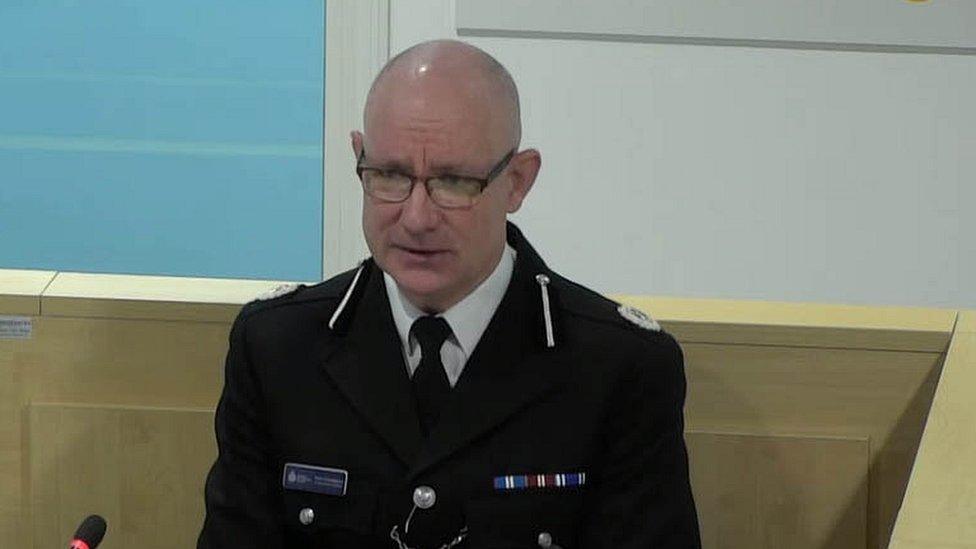
- Published10 November 2020
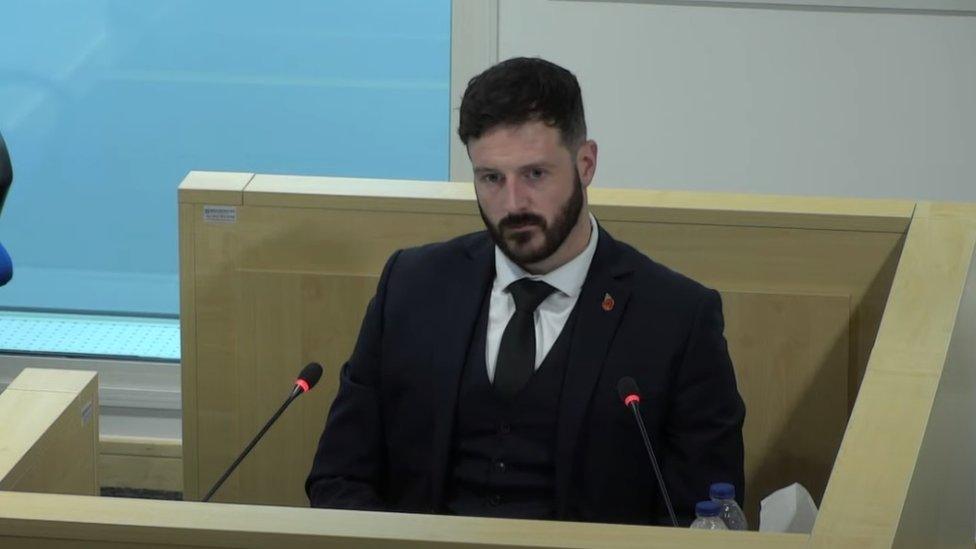
- Published9 November 2020
